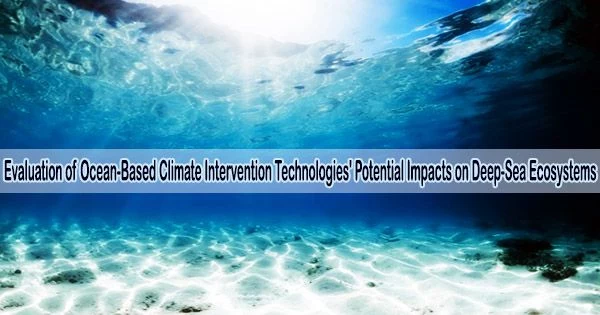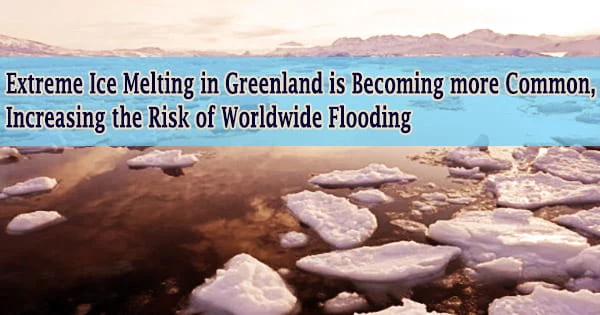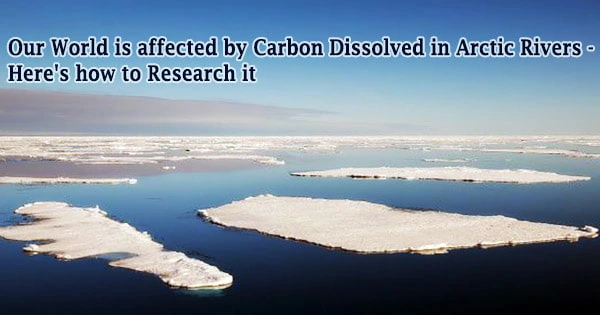One of the least well-known places on Earth is the deep sea, which contains numerous delicate ecosystems that are essential to the carbon cycle. The deep sea, however, is directly affected by the consequences of human-induced climate change and may now face new challenges as a result of attempts to artificially slow down climate change. These initiatives have transformed into geoengineering techniques that might be applied on very large spatial dimensions.
Ocean-based climate interventions (OBCIs) are increasingly claimed as promising solutions to mitigate climate change. These interventions make use of various technologies to reduce atmospheric carbon dioxide (CO2), sequester carbon in the deep oceans, control solar radiation, and generate renewable energy.
The effects of OBCI technologies on ocean biogeochemistry and the biodiversity of ocean ecosystems are not well understood, nevertheless. Deep-sea ecosystems, which make up over 40% of the planet’s surface and house extremely sensitive species and ecosystems, are one area where this is particularly true.
As part of the Deep Ocean Stewardship Initiative’s Climate Working Group, an international group of specialists met virtually to discuss the effects of OBCI in the deep ocean. A research team led by Dr Lisa LEVIN from the Scripps Institution of Oceanography, UC San Diego, including Dr. Moriaki YASUHARA from the School of Biological Sciences and The Swire Institute of Marine Science, The University of Hong Kong (HKU), has analysed the proposed approaches to assess their potential impacts on deep-sea ecosystems and biodiversity.
Their discovery, which was just published in the journal Science, has caused a great deal of anxiety about the possible effects of these technologies on deep-sea ecosystems. This has prompted calls for an integrated research effort to carefully weigh the advantages and disadvantages of each intervention.
Especially given the vastness, vulnerability, comparatively pristine nature, and poor scientific understanding of the deep-sea ecosystem, we should be careful to green-light these activities that could have irreversible impacts.
Dr. Moriaki Yasuhara
The research’s conclusions show how OBCIs may affect deep-sea ecosystems. Experts expressed grave worry and called for the necessity for an integrated research framework to properly address deep-sea impacts in mitigation plans as a result of a number of lines of evidence.
Balancing hope and risk
While there may be some hope for a sustainable future because to the growing interest in OBCIs as potential solutions to alleviate the effects, the potential environmental repercussions and effectiveness at full scale have not been thoroughly assessed. Furthermore, oversight of OBCI activities is still in its infancy, which puts deep-sea species and ecosystems at danger.
For example, one such intervention is direct CO2 injection into the deep sea, which could sequester large amounts of carbon dioxide from the atmosphere and reduce the overall concentration of greenhouse gases.
Direct CO2 injection is a promising climate solution, but it also comes with a lot of risks. The emergence of hypercapnia, a condition that happens when the amount of carbon dioxide in the water surpasses specific thresholds and can have detrimental effects on marine life and ecosystems, is one potential risk.
Other carbon sequestration technologies such as ocean fertilisation (enhancing phytoplankton production in the surface ocean and resulting their deposition on the deep ocean floor) and crop waste deposition (deep-sea disposal of terrestrial crop waste), the ideas putting carbon as phytoplankton or terrestrial plant bodies into deep-sea, could also change the food and oxygen availability for deep-sea life.
Due to the effects of industrial fishing, pollution, warming, deoxygenation, acidification, and other climate change-related issues, the deep sea is now under unprecedented peril. These systems, which are necessary for the proper operation of the entire planet, may come under additional stress from OBCIs.
The lead author Lisa Levin says, “I see open ocean-based climate intervention as a rapidly emerging arena that poses significant challenges for deep-ocean ecosystems, and thus demands new science and governance before we commit to action.”
“Especially given the vastness, vulnerability, comparatively pristine nature, and poor scientific understanding of the deep-sea ecosystem, we should be careful to green-light these activities that could have irreversible impacts,” Moriaki Yasuhara continues.
More study is required to determine how the actions would affect the marine environment because they might have an irreversible effect. We should at least have a basic understanding of these forces before applying geo-engineered solutions widely. This will help us predict how the deep sea may change as a result.
















